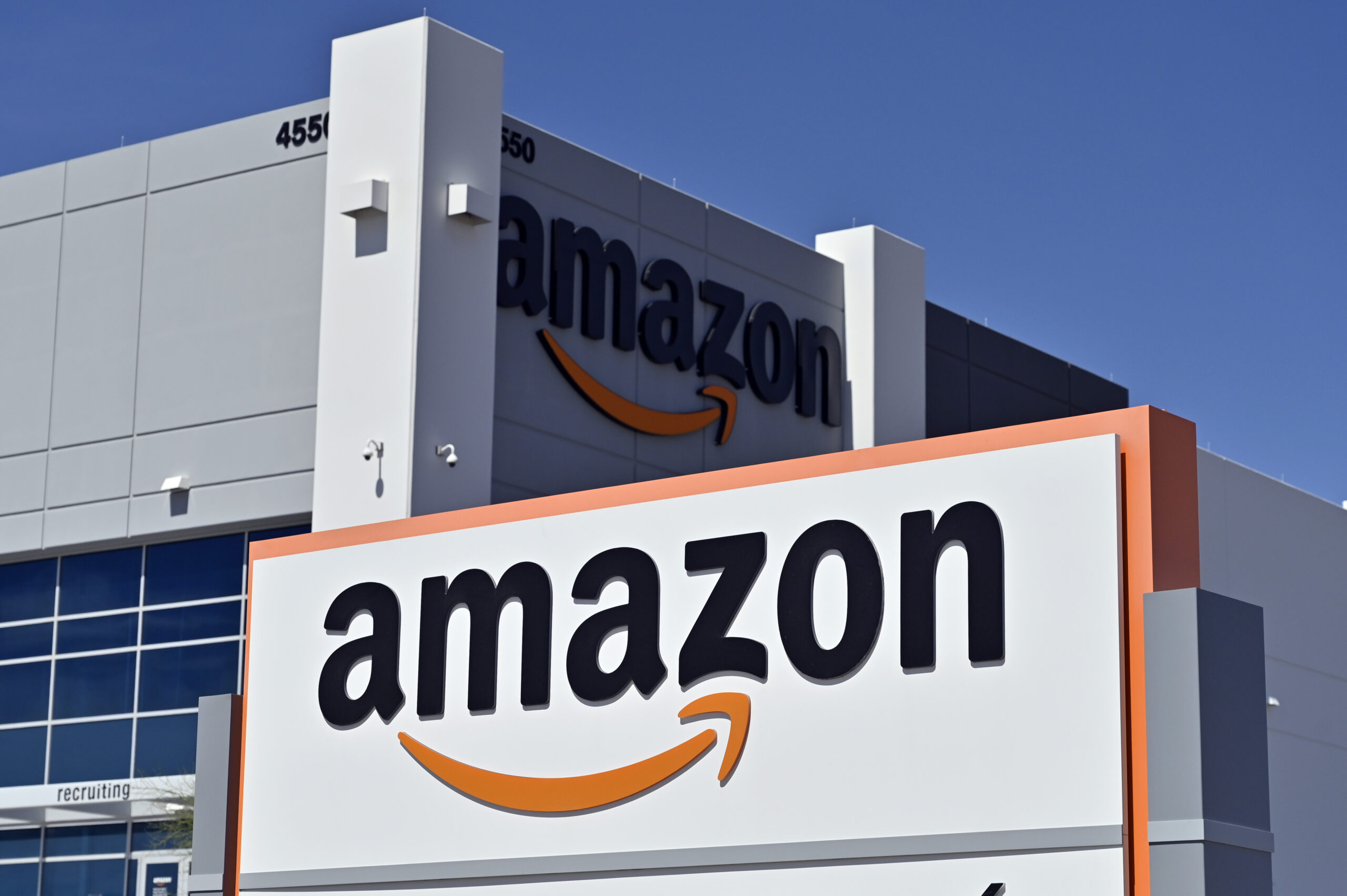In a bold move to provide fast and affordable broadband to underserved communities worldwide, Amazon, the brainchild of Jeff Bezos, is taking its ambitious project, “Project Kuiper,” to new heights.
The company plans to launch a constellation of over 3,200 satellites in low Earth orbit (LEO) to compete with SpaceX’s Starlink. To facilitate this grand vision, Amazon will invest $120 million in constructing a cutting-edge satellite production facility at NASA’s Kennedy Space Center.
With the global demand for high-speed internet growing rapidly, Amazon is determined to bridge the digital divide by extending internet access to unserved and underserved areas. The “Project Kuiper” initiative represents the company’s commitment to ensuring that even remote and marginalized communities gain access to the digital world.
Steve Metayer, the Vice President of Kuiper Production Operations, expressed the company’s determination to make “Project Kuiper” a reality. He revealed that Amazon has set an ambitious timeline for full-scale production launches and early customer pilots, which are slated to commence next year. The satellite facility at the Kennedy Space Center will play a crucial role in bringing this groundbreaking project to fruition.
Read also: Amazon’s Project Kuiper announces satellite receivers
Satellite Production and Integration Process
Amazon already has a production facility located in Kirkland, Washington, which will commence operations later this year. However, the satellites will be transported to Florida for final preparations before integration with rockets. To carry out this crucial step, Amazon will collaborate with two space launch companies founded by Bezos himself: Blue Origin and United Launch Alliance (ULA).
While Amazon is making significant strides with Project Kuiper, the satellite internet sector is already witnessing competition from other major players. SpaceX, led by Elon Musk, has launched its Starlink satellites, totalling over 3,700 operational units, back in 2019. The London-headquartered company OneWeb is also a prominent contender in this emerging field.
Government Initiatives in the Satellite Race
Governments around the world are also eager to join the space race for satellite internet. China has ambitious plans to deploy 13,000 satellites under its GuoWang constellation project, while Canada’s Telesat aims to add 300 satellites to the mix. Additionally, German start-up Rivada has its eyes set on launching 600 satellites.
Apart from private companies and foreign governments, the European Union is also actively engaged in the satellite internet sphere with its Iris project, which plans to deploy 170 satellites. Moreover, the US military’s Space Development Agency has its own ambitious plans to launch 300-500 satellites, further intensifying the competition in the market.
As Amazon embarks on its journey to make Project Kuiper a reality, the world eagerly anticipates the transformation it will bring to global connectivity. With the promise of fast and affordable broadband access to unserved and underserved communities, Project Kuiper represents a significant step towards a more inclusive digital world. While competition in the satellite internet sector is fierce, the combined efforts of private enterprises and government initiatives signal a future where reliable internet access will transcend geographical boundaries, bringing people together in the virtual realm.




